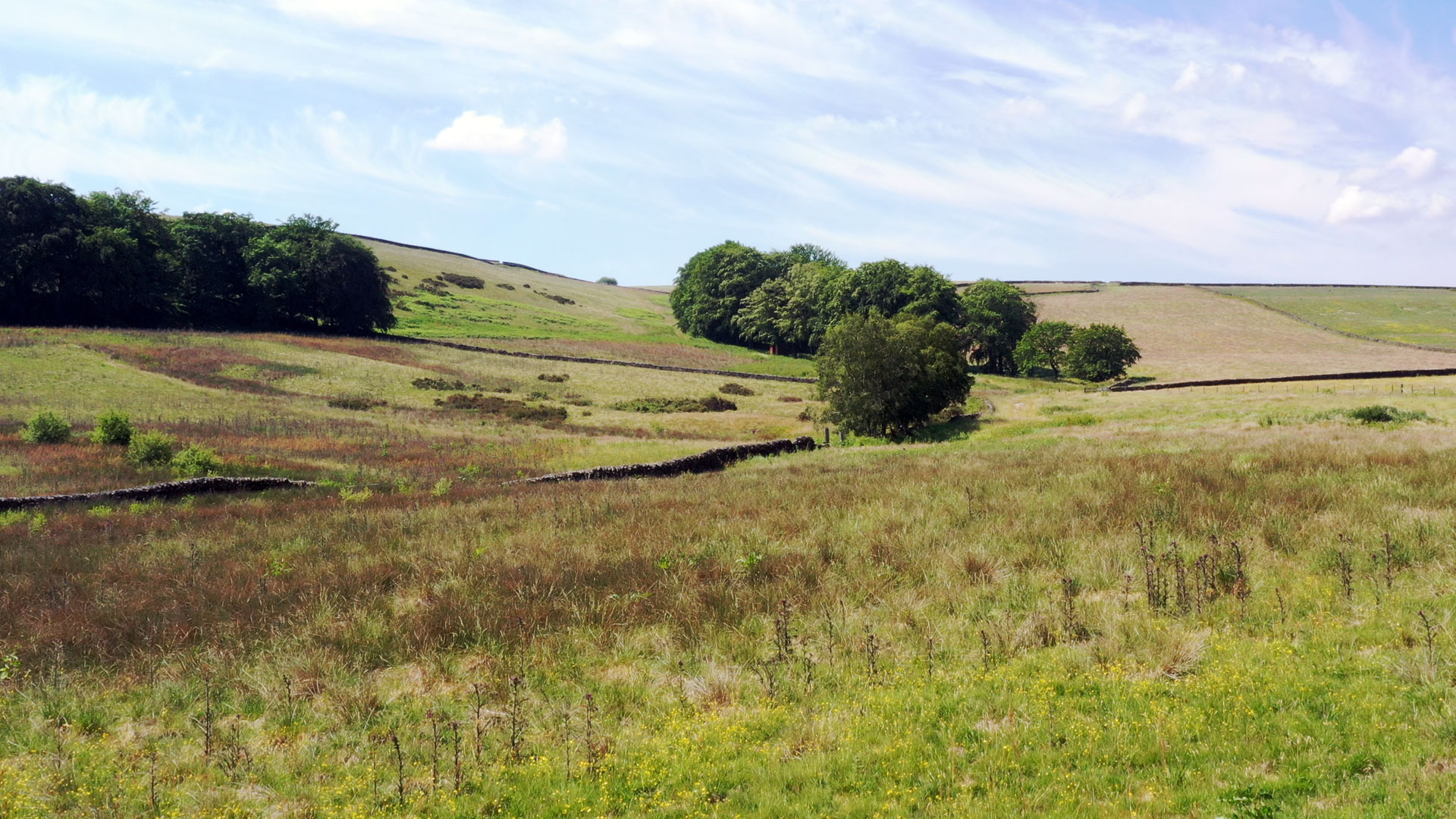Today, The Wildlife Trusts unveil a new programme which will accelerate UK nature recovery and help to reverse catastrophic declines in wildlife. £6 million from the Ecological Restoration Fund will support rewilding projects, the reintroduction of keystone species and better protections for marine and coastal habitats.
The funds come at a time when more than 40% of species in the UK are in decline and over 15% are threatened with extinction. The UK is one of the most nature-depleted countries in the world. Seas are at risk from over exploitation and development, rivers are dying from agricultural and sewage pollution, and many people suffer from lack of access to nature.
Transforming nature’s recovery
The Wildlife Trusts’ new programme, Transforming Nature’s Recovery, seeks to address
these challenges on three fronts:
- Keystone species reintroduction – wild habitats are fragmented and have lost many natural processes that are fundamental to healthy ecosystems. This includes the loss of predators such as lynx and wild cats, and wild herbivores such as tarpan, aurochs, and bison. Funding will contribute towards applications and release programmes of free-living beavers to restore wetlands and low-level grazing with large herbivores such as Exmoor ponies, Welsh blacks, and highland cows.
- Marine conservation – the UK’s cold and nutrient-rich seas were once some of the healthiest and most productive on earth, but pressures from development, pollution and overfishing have led to huge wildlife declines. Welsh seas double the size of Wales and it is vital that these pressures are reversed. New funding will enable the development of partner support to deliver nature’s recovery in 30% of Welsh seas by 2030.
- Rewilding – the UK has committed to protecting 30% of land for nature by 2030. The programme targets creating bigger and more connected wild areas for nature’s recovery, to allow natural processes to help restore nature’s abundance, resilience and diversity. Funding will launch a landscape recovery programme along Hadrian’s Wall, back projects in Hertfordshire, the Welsh Marches, Peak District, and Northern Ireland, and complement nature recovery work across the River Severn catchment.
The programme is designed to help the UK achieve its existing target of protecting at least 30% of land and sea by 2030 and reaching net zero carbon emissions by 2050. Research shows there is a funding gap of an estimated £56 billion to achieve the UK’s nature-related targets over the subsequent decade.
A bold approach
Dr Rob Stoneman, director of landscape recovery at The Wildlife Trusts, says:
“Our bold approach to nature recovery is a highly necessary change of gear that will benefit every single one of us. Restoring and expanding wild places tackles problems of flooding, drought and pollinator decline; this is critical for farming, healthier rivers and seas, and adapting to the changing climate.
“Extinctions, pollution, and wildfires make headlines with increasing frequency and so it’s vital to go much further with nature recovery across the UK. We must create a place where wildlife, farming and people thrive together; where beavers work their magic and benefit communities; where seas are abundant with marine wildlife, and where there’s easy access to nature to improve people’s lives. This game-changing donation from the Ecological Restoration Fund will bolster our work when nature needs us most.”
Daniel Hotz, chair of the Ecological Restoration Fund, says:
“We’re proud to support The Wildlife Trusts in their ambitious vision for UK nature recovery. Recognising that our collective futures are intrinsically bound to the health of our environment, the urgency to address the UK’s troubling species decline and habitat degradation is paramount. By knitting together and rejuvenating wild spaces, we’re not only creating richer habitats for wildlife but also bringing tangible benefits to local communities.”
Included projects
Projects to benefit from the Transforming Nature’s Recovery programme include:
- Peak District nature recovery – Sheffield & Rotherham Wildlife Trust’s pioneering project across 132 hectares at Ughill Farm to restore heathland and moorland alongside nature-friendly farming
- Welsh Marches – funds will secure the future of Pentwyn, a landscape recovery project covering 164 acres. It sits within a new project known as Wilder Marches, a cross-country partnership between four Wildlife Trusts to restore nature over 100,000 hectares along the English-Welsh border
- Archer’s Green – protecting flower-rich grasslands and a chalk stream by connecting existing nature reserves in the Mimram Valley, Hertfordshire
- Hadrian’s Wall corridor – working with farmers and communities to create a nature recovery programme from coast to coast including around Newcastle and Carlisle
- River Severn landscape recovery – funds will provide nature-friendly farm advice across this huge area and complement existing habitat improvement and wetland restoration projects across the River Severn catchment such as Treescapes and Eelscapes, which are funded by Defra
- Peatland restoration – working with farmers and landowners to restore upland and lowland bogs in Counties Fermanagh and Tyrone in Northern Ireland
- Atlantic rainforest restoration – restoring and expanding temperate rainforest in areas where they used to grow along the damper, western climes of the British Isles
A briefing about The Wildlife Trusts’ new programme, Transforming Nature’s Recovery is
available here.
A list of 10 threatened species that will benefit from the programme is available here.
